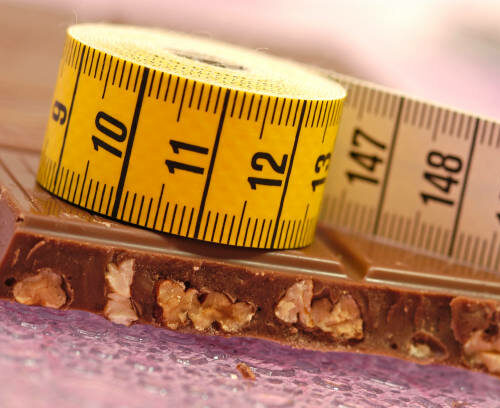
As vaping trends upward among South African teenagers, a worrying narrative is unfolding that underscores potential dangers to their mental health and cognitive development.
Packaged in colourful designs with ‘fun flavours’ and marketed as less harmful than traditional tobacco products, vaping appears to be a socially accepted pastime for the youth.
However, alarming statistics reveal that over 17% of high school learners are actively engaged in vaping, with reports showing 47% reaching for their devices within the first hour of waking – a clear signal of addiction.
In a comprehensive survey conducted across 52 high schools in South Africa, the findings painted a concerning picture. Among learners from Grades 8 to 12, not just current users, but nearly 37% admitted to having tried vaping at least once.
A psychiatrist from the South African Society of Psychiatrists (SASOP), Dr Nokuthula Mdaka, warns that the perceived harmlessness of vaping belies significant health risks, especially for the developing minds of teenagers.
The adolescent brain is particularly vulnerable to nicotine – not only does it prime this critical developmental period for addiction, but it also impairs functions related to attention, learning and emotional regulation.
“The brain is still developing until about the age of 25,” Nokuthula states, cautioning against the misconception that vaping is safer than smoking.
“There’s a cloud of misinformation around the health impacts of vaping, which leads not just teenagers, but even parents, to underestimate the dangers.”
While conventional cigarettes are widely recognised for their associated health risks, vaping’s trendy flavours and youth-focused marketing obscure its inherent dangers. With a concerning quarter of Grade 12 learners admitting to regular use – primarily as a social activity and coping mechanism for stress – many young users may not fully comprehend how vaping could be linked to their underlying psychological struggles.
Nokuthula describes the relationship between vaping and mental health as ‘bi-directional.’ Teenagers experiencing mental health issues are at heightened risk of turning to vaping as a coping strategy, which, in turn, exacerbates their symptoms. Research indicates that those with pre-existing depression are significantly more likely to take up vaping, leading to a cycle of worsened mental health conditions and increased suicidal ideation among users.
The pressures of academic life and societal expectations weigh heavily on today’s youth, prompting some to use vaping as a means of escape. However, Nokuthula emphasises the necessity for both teenagers and their parents to recognise the potential dangers behind this coping tactic.
“Vaping may feel like a relief at the moment, but evidence shows it actually worsens mental health. Quit rates for vaping correlate with improved mental health outcomes,” she explains.
Moreover, the unchecked market for vaping products exacerbates the situation. With limited regulation, vape shops are increasingly concentrated near educational institutions, directly targeting young consumers. Funky packaging and influencer marketing flood platforms such as TikTok, further entrenching vaping as a social norm among adolescents.
Nokuthula highlights the alarming findings from a study indicating that half of vape users aged 18-34 also engage in poor dietary habits, spending money on vaping products instead of healthier food choices.
The perception that vaping can assist in weight loss only adds to the public health narrative that needs urgent attention.
First published by Cape {town} etc
Compiled by Sibuliso Duba
Also see: Is vaping safer than smoking?




